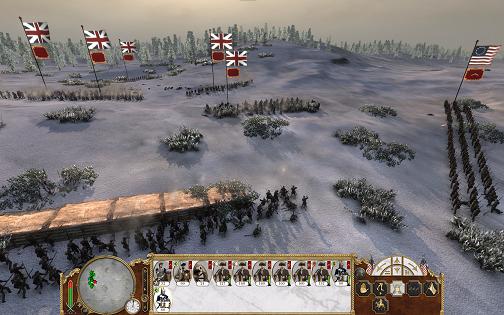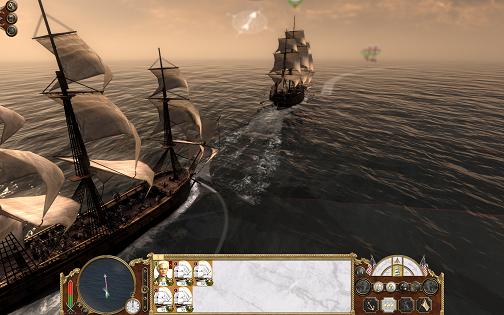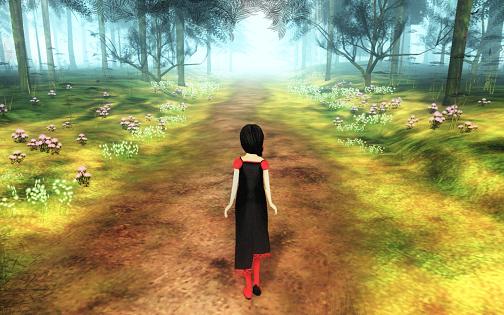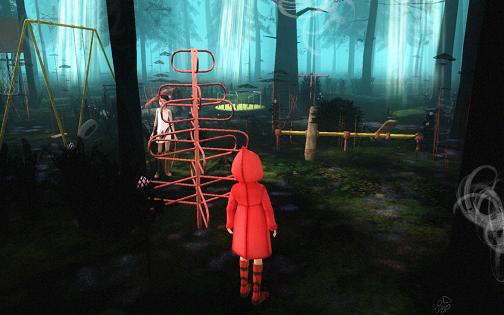One thing that often irks me is when seemingly reasonable and well-educated people who hold liberal values actually choose to decry democracy. Their argument is that ordinary people are too uneducated, too narrow minded, and generally too stupid to be trusted with the power to ultimately determine the course of government. A good example of this kind of thinking can be found in this post on Fool’s Mountain, found via Jed Yoong:
In the big picture: what should be the purpose of governments? Should government be limited to providing a set of processes and institutions that normatively allocate power within a society or should government take a lead role of establishing a vision of a common good and leading the charge to execute that vision of the common good?
My tendency (and many Chinese on this board) is to believe the second. “So what if you are democratic,” we ‘d say. What is the proof that it guarantees better governance or social stability?
Many of us have reservation about the democratic process because “good” democracy seems to depend on a lot of stars aligning. The media has to be fair and objective to generate good public debates. The people have to be educated enough, well fed enough, and to care enough about the political process to participate in the political process. The people need to also have a healthy sense of social awareness and public duty to exercise their political power judiciously for the good of their country – not just for themselves.
Obviously this is a straw man argument. No proponent of democracy claims that it “guarantees” better governance or social stability. As the blog author himself notes, the very same argument can even more easily be applied towards authoritarian forms of government. Surely by now there should be no need to quote Churchill’s dictum that democracy is the worst form of government, except for all the others.
Still one line criticism of democracy does have some merit, but it applies not to the principle of democracy itself but in how governments choose to implement a system of governance and then call it a democracy. As this book review in The Economist reminds us, simply holding elections doesn’t automatically make your government a democratic one. Elections are a necessary but not a sufficient condition towards the establishment of a healthy democracy. For starters, the elections need to be genuinely free and fair, with all political parties having equal rights to make their appeals and arguments to voters as they see fit. Furthermore, the power of any elected government needs to be constrained by a robust system of checks and balances.
Finally, I agree with the view that until a country has successfully undergone a peaceful and orderly transition of power from one political party to another at least once to prove that all of mechanisms of government are functioning, that country cannot truly be called a democracy. Unfortunately, this rules out most Southeast Asian countries including Malaysia. One of the ironies of the region is that of all the countries in this part of the world, it is Indonesia, known as one of the longest lived dictatorships in the world under Suharto, that is now considered the healthiest and most exemplary democracy.




